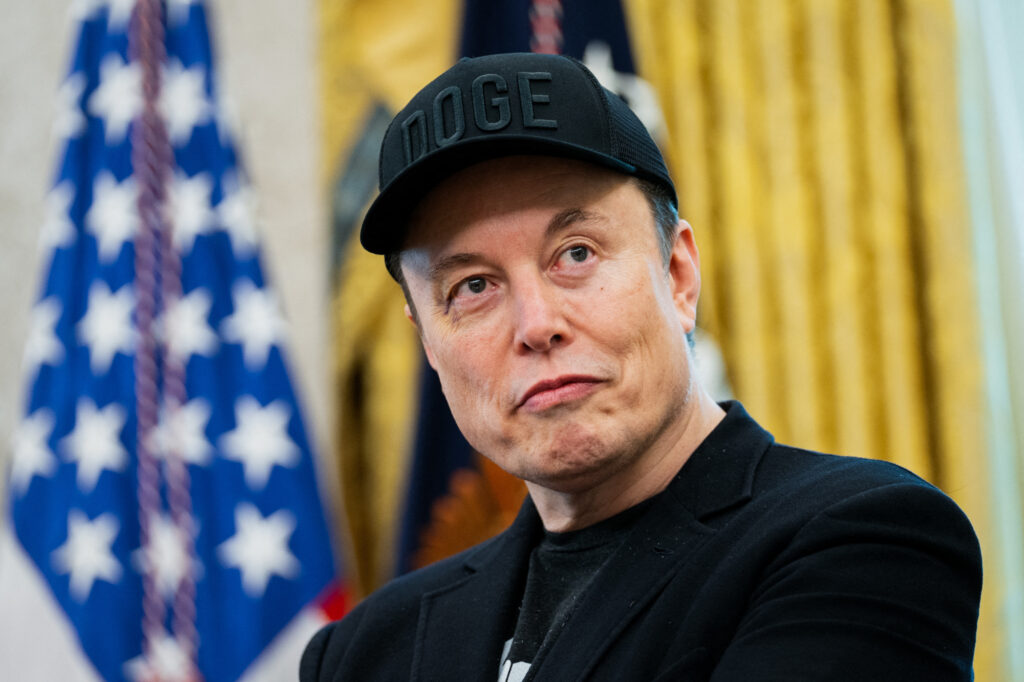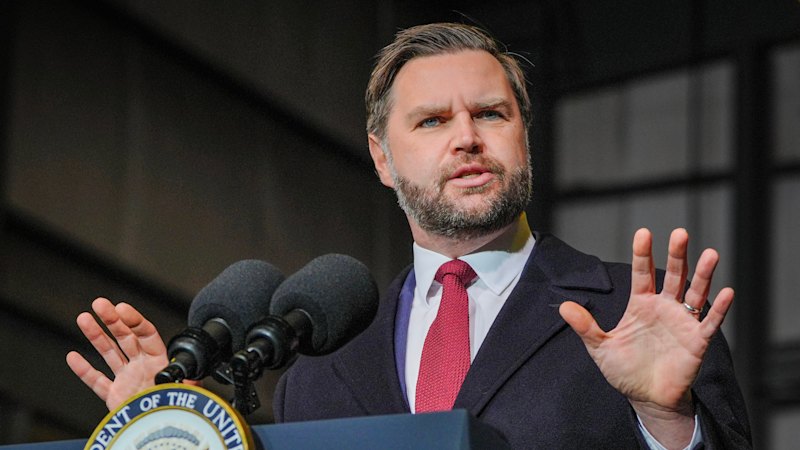
Elon Musk looks on during a news conference with US President Donald Trump in the Oval Office of the White House in Washington, DC, on May 30, 2025. Musk, who stormed into US politics as President Trump's chainsaw-brandishing sidekick, announced on May 28 that he is leaving his role in US government, intended to reduce federal spending, shortly after his first major break with the President over Trump's signature spending bill. (Photo by Allison ROBBERT / AFP)
The world’s richest man, Elon Musk, has announced his intention to create a new political entity in the United States, known as the America Party. This decision follows a poll conducted on his social media platform, X, where two out of three respondents expressed support for the venture. Musk, known for his bold ambitions and significant financial resources, is now set to invest in this new political movement.
Despite his substantial influence and resources, Musk faces a significant challenge: historical precedent. The United States has seen numerous attempts to establish a third party since the entrenched Democrat-Republican duopoly emerged in the 1850s, yet none have succeeded in breaking the two-party stronghold.
The Historical Challenge of Third Parties
The Republican Party itself was born in the 1850s as a progressive anti-slavery movement, rising to prominence after the Civil War. However, subsequent attempts to create impactful third parties have largely failed. One notable example was former Republican President Teddy Roosevelt’s Progressive or ‘Bull Moose’ Party in 1912, which split the Republican vote and inadvertently handed the presidency to Democrat Woodrow Wilson.
Similarly, socialist Norman Thomas ran for the presidency six times between the world wars, each time failing to gain significant traction. The Democrats, under Franklin D. Roosevelt, managed to capture the left-wing vote with New Deal policies, securing an unprecedented four terms in office.
Modern Attempts and Failures
Efforts to establish third parties continued throughout the 20th century. After World War II, left-wing radicals attempted to launch a Progressive Party, while right-wing factions supported George Wallace’s Independent Party in the 1960s. Both efforts were unsuccessful. Ralph Nader’s multiple presidential campaigns on a Green Party ticket also failed to make a significant impact.
In the 1990s, businessman Ross Perot attempted to disrupt the two-party system with a Libertarian Party, yet failed to secure a lasting presence. Donald Trump’s 2016 election, though unconventional, still operated within the Republican framework, demonstrating the challenge of establishing a successful third party from outside the existing system.
Musk’s Ambitious Vision
Elon Musk’s foray into politics comes after a public fallout with former President Donald Trump. Musk briefly served as Trump’s “Doge Tsar,” tasked with reducing government waste, primarily through cutting federal jobs. However, disillusionment with Trump’s policies, particularly a tax and spending bill Musk criticized as detrimental to business, has spurred his new political ambitions.
Musk believes there is a growing constituency of Americans disenchanted with both the Democrats and Republicans, ready to support a new political movement. His vision for the America Party is bolstered by his substantial social media influence, public profile, and financial resources.
Challenges Ahead
Despite Musk’s confidence, he faces significant obstacles. The entrenched two-party system has proven resilient against third-party challenges. Moreover, Musk’s personal popularity and mass appeal remain untested in the political arena. While he commands a large following in the tech world, translating that into political support is another matter entirely.
According to political analysts, Musk’s venture may struggle to gain traction without a clear ideological platform and broad-based support. The historical failures of third parties underscore the difficulty of breaking through the existing political landscape.
“There is precious little evidence that the attention-seeking tycoon commands the same levels of uncritical personal popularity and mass support that Trump can count on with his MAGA base,” noted a political commentator.
As Musk embarks on this ambitious political journey, the question remains whether his America Party can overcome the historical hurdles that have stymied previous third-party efforts. The coming months will reveal whether Musk’s vision can resonate with the American electorate or if it will become another footnote in the history of American politics.






